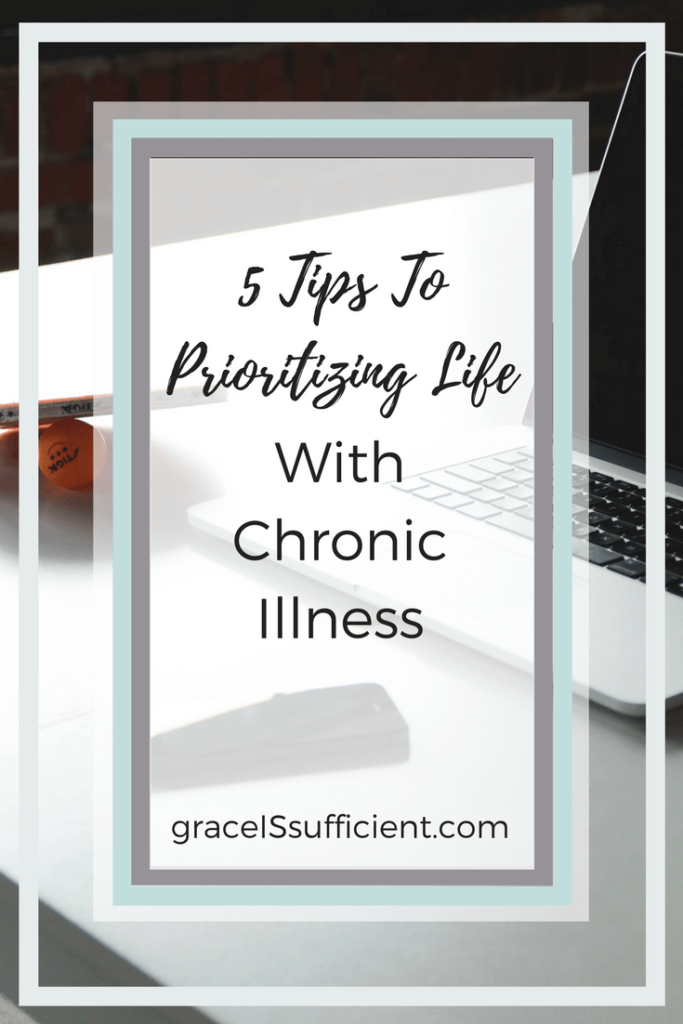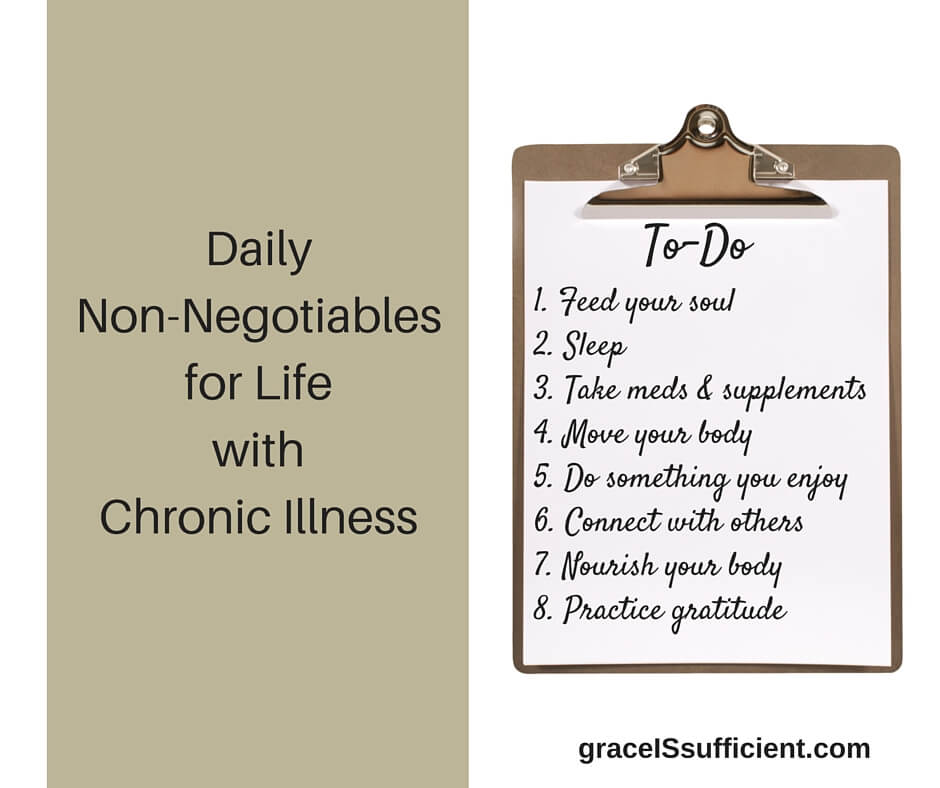Life with chronic illness makes it very difficult to set priorities.
Most of us use bags of one kind or another in various shapes and sizes. A purse has limited space and there’s a maximum number of items it can hold. When it’s full to capacity we can’t add anything more without taking something else out.
Our lives run the same way. We have a natural tendency to want to say yes to every good opportunity that comes along. Pleasing those around us and make them feel important.
We tend to live our lives as if we have unlimited energy. That won't work my #spoonie friend!
Even those with great health have limited purse space. But those of us with chronic illnesses must be more intentional about what our bag looks like. What are we going to keep in it?
Your family and friends are bound to come along and ask you to carry something in your purse for them. Whether it’s that your choir needs a person to keep up with group emails or your daughter’s class needs a Friday snack mom.
The world puts this awful peer pressure on us that we need to go to bed exhausted each night or we haven’t lived up to our full potential. We can have our cake and eat it too, right? We also should be growing the wheat, milling it to flower, baking it, making homemade frosting, and serving it on a hand-painted glass cake server while we are entertaining 50 of our closest friends of which we maintain a perfect, close relationship.
It can’t be done.
It’ll come to the point where you can’t add one more thing until you’ve taken something else out or something will be forgotten about altogether.
Deciding to prioritize your life and choose what will go and what will stay is better done now than after you’ve had a physical or mental breakdown.
Here are 5 tips for prioritizing life with chronic illness:
1. You need to choose to put your energy and effort into the important priorities and not just the immediate opportunities. Look down the road 20 years from now on how this commitment will affect your life or those around you. Are you putting more effort into the trivial or the lasting? Focusing on the most important will actually allow you to feel like you are accomplishing more. Whereas, when you are juggling too many things at once you’re not really able to give that one area the attention it deserves.
2. Focus on what you want your life to be like. When you’re faced with living life with chronic illness you have to take the time to sit back and prioritize the things that matter most to you. You’re going to have to find and accept your new normal. That new normal may mean you’re not able to keep up with everything the way you were before. But you know what, that’s ok. Life can still be full, complete, and intentional with our new limitations.
3. Never give an immediate yes. Separating yourself from the face-to-face pressure to please will allow you to use a clear head when deciding to take something else on. Learn to tell people you’ll get back to them after you review your calendar and priorities. If you work within your strengths, you’ll be contributing more than if you were asked to do something you’re not particularly good at.
4. From time to time you must re-evaluate. Dump out your purse and look at the reason why you’re involved in the things you are. Is it somehow meeting your need for significance? Is it purely because you don’t want to disappoint others and you want to be liked? Cut out the trivial things that aren’t allowing you to make the impact you want.
5. It comes down to choosing who you’re going to disappoint. Are you willing to disappoint your family because this new commitment your friend is asking of you will mean you won’t get to any of your kid’s soccer games? Are you willing to put God on the back burner because taking on this new volunteer position means you won’t be able to serve Him in the areas you’re already working on?





